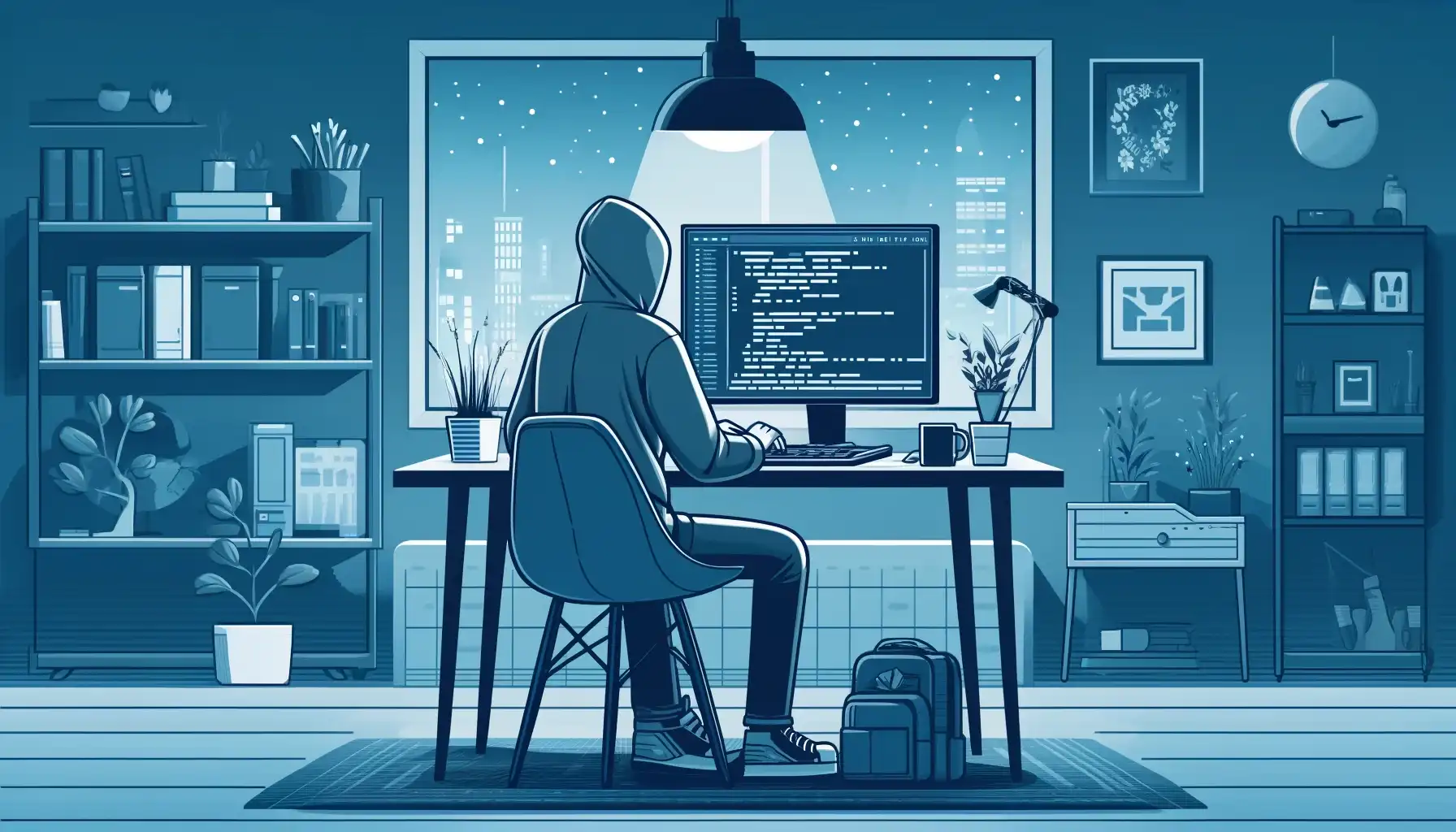Embarking on a Coding Journey
The world of programming opens up a plethora of opportunities. Whether you're aiming for a career in software development, data science, web development, or just exploring a new hobby, the skills you'll gain from programming are invaluable. This guide will help you take the first steps towards learning programming, outline the equipment you'll need, and recommend some free resources to start your journey.
Programming, at its core, is the practice of creating a set of instructions that tell a computer how to perform a task. Everything that happens on your computer, from browsing the internet to creating spreadsheets, involves programming.
Starting Your Programming Journey
1. Choose Your First Programming Language
For beginners, Python is often recommended due to its readability and simplicity. JavaScript can be a good choice if you're interested in web development.
2. Understand the Fundamentals
Before diving into complex projects, make sure you understand the basics of your chosen language. This includes variables, data types, loops, functions, and control structures.
3. Build Projects
Applying what you've learned to actual projects is one of the best ways to solidify your understanding and gain practical experience.
4. Never Stop Learning
Programming languages evolve over time, and there's always more to learn. Keep exploring and expanding your skills.
Essential Equipment for Programming
1. Computer
You don't need a high-end machine to start coding. Any reliable laptop or desktop computer will do.
2. Text Editor or Integrated Development Environment (IDE)
Software like Sublime Text, Atom, or PyCharm will be needed to write your code. Some of these tools offer features like syntax highlighting and error detection, which can be helpful for beginners.
3. Internet Connection
Many resources for learning and troubleshooting are online. Plus, some programming languages require an internet connection for certain functionalities.
Free Resources to Learn Programming
1. Codecademy
Codecademy offers interactive coding lessons in a variety of programming languages.
2. freeCodeCamp
freeCodeCamp provides a hands-on approach to learning coding by building projects.
3. edX
This platform offers free courses from top universities around the world, including Harvard's introductory CS50 course.
4. GitHub
GitHub isn't just a place to store your code. It's also a great place to find projects to contribute to, look at others' code to learn, and ask for help.
Start now
The world of programming is vast and endlessly interesting. Don't be afraid to dive in and start learning.


